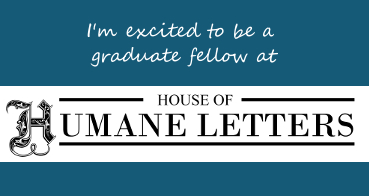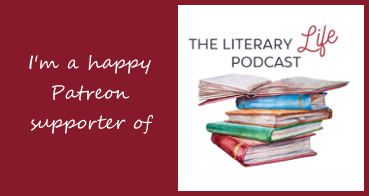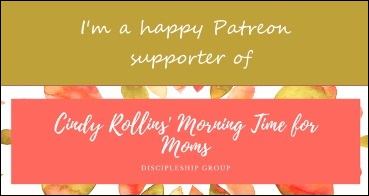
Recently, while doing a crossword puzzle, of all things, I thought again about the big picture of why we studied geography in our homeschool, and how that really applies to all the studies. Here’s what I shared with one of my Charlotte Mason moms groups:
It [the study of geography] is about being aware that there are humans living all around this planet in different cultures and climates, and when we hear current stories about events there we can make a connection and feel a connection. It opens our world, keeps us from being self-centered, and helps us to remember that God so loved the whole world that he sent his Son.
Charlotte Mason said that the study of modern foreign languages is in order to communicate with people. It’s all about loving your neighbor. Students in her schools studied French, German, and Italian, the languages of their neighbors. It was not about looking good on the transcript (for the student or the school) or for high scores on vocabulary tests. The study of Latin was not even for that. It was to be able to read classic works in their original language. There’s a love connection there, too.
I suppose I’m a big picture person and wonder if I annoy people when they ask for help with details, and I keep bringing them back to the philosophy, the Why. I just feel strongly if we keep in mind that none of it (the History, the Literature, the Math, the Science, the Grammar, the Music, the Art) is for passing tests or getting scholarships, but it is for Caring, for Love, for being fully Human, then it helps with making those schedules, carrying them out daily, being at peace when it all doesn’t all get done, being at peace when your extended family criticizes your choices and results that they are seeing (or not), that they think you ought to be achieving, being at peace when other children are exhibiting skills that you don’t see in your own students.
I know that’s hard to see when you are in the midst of the daily grind. I know; I was there. I wish you could see things from my vantage point now. If I could do things differently, it would be to listen and believe the words of those having gone before about what really matters. It would have saved me a lot of grief and personal anxiety. But the good news is that “however imperfectly” I did it, I didn’t give up in laying out the feast for my son, and I am already seeing the fruit in a very caring young man about to leave his teens. In my early years of mothering and teaching, I didn’t have a lot of those experienced homeschool moms in my life, but I did, and still do, have Charlotte Mason. Although never a mother, she spent years examining and reexamining her educational philosophy, applying it in her schools, and observing children in school and at home with their families. Here’s what she said in her third volume (of six) of writings on education and the raising of children:
Life should be all living, and not merely a tedious passing of time; not all doing or all feeling or all thinking––the strain would be too great––but, all living; that is to say, we should be in touch wherever we go, whatever we hear, whatever we see, with some manner of vital interest. We cannot give the children these interests; we prefer that they should never say they have learned botany or conchology, geology or astronomy. The question is not,––how much does the youth know? when he has finished his education––but how much does he care? and about how many orders of things does he care? In fact, how large is the room in which he finds his feet set? and, therefore, how full is the life he has before him? I know you may bring a horse to the water, but you cannot make him drink. What I complain of is that we do not bring our horse to the water. We give him miserable little text-books, mere compendiums of facts, which he is to learn off and say and produce at an examination; or we give him various knowledge in the form of warm diluents, prepared by his teacher with perhaps some grains of living thought to the gallon. And all the time we have books, books teeming with ideas fresh from the minds of thinkers upon every subject to which we can wish to introduce children.
For an interesting study, you should do a search on words such as wonder and care through Charlotte Mason’s volumes (free online at AmblesideOnline), and you might find yourself overwhelmed by how important these ideas were to her.
Where science does not teach a child to wonder and admire it has perhaps no educative value. (Vol 6, p. 224)







